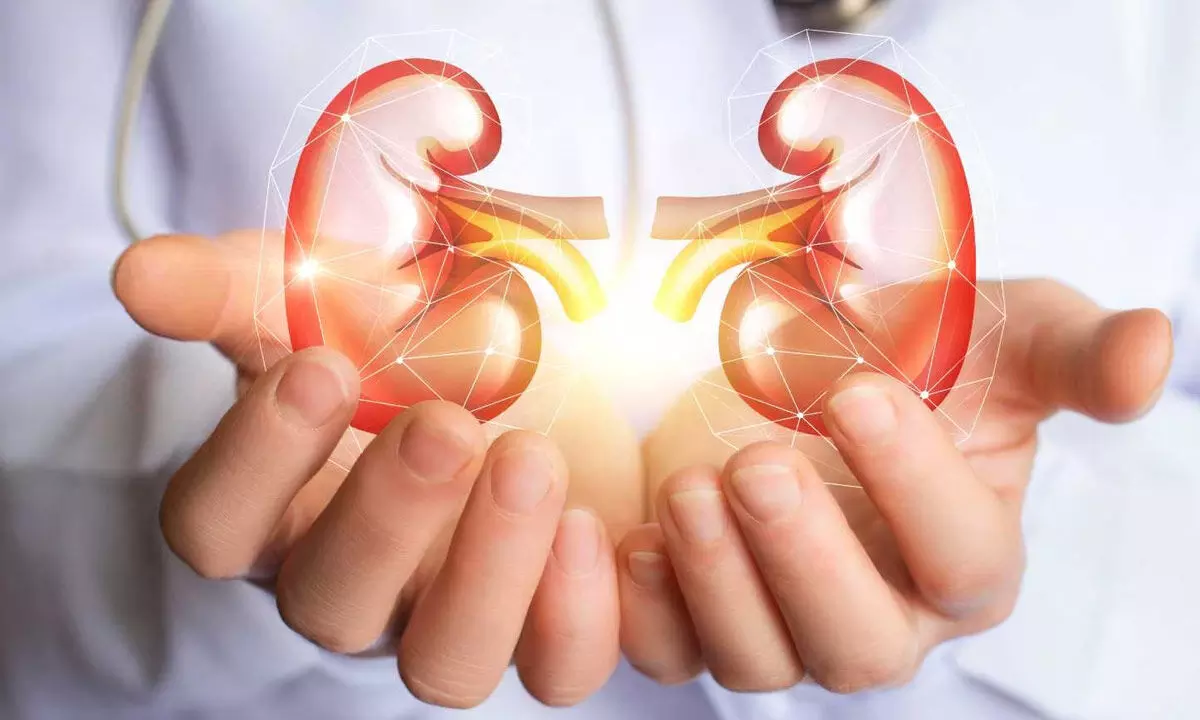Ways in which diabetes affects renal health

Diabetes can damage the kidney and lead to decline in kidney function.
Diabetes can damage the kidney and lead to decline in kidney function. End-stage renal disease (ESRD) is the final stage of diabetes related kidney disease where toxins and water accumulate in the body due to severe decline in kidney function. Diabetes causes damage to blood vessels and other cells in the kidneys, resulting in diabetic nephropathy. It is a common complications in type 1 and type 2 diabetes mellitus. On World Diabetes Day, following are the points to keep in mind to spread awareness.
Diabetic nephropathy progresses through various stages where ESRD is the final stage. Moving from one stage to the next can take years.
Diabetes that is poorly controlled can damage blood vessels in the kidneys over time. This can cause protein leakage from kidney filters, damage to kidney tubules and high blood pressure, which can further damage the kidneys by increasing pressure in the filtering system.
Below are some of the ways to prevent or lower the risk of developing diabetic nephropathy:
1. Consult your Healthcare Team to manage diabetes: The healthcare team will help to keep track of regular appointments to assess the patient’s diabetes management and to screen for diabetic nephropathy and other complications. The appointments could range from once a year or as frequently as possible
2. Treating Diabetes: With proper diabetes management, one can keep their blood sugar levels in a normal range. This will help to prevent or slow the progression of diabetic nephropathy
3. Management of health issues and high blood pressure: People who have high blood pressure have a higher risk of kidney disease and should work closely with their doctor, as high blood pressure can worsen kidney damage by increasing pressure in the kidney's filtering system
4. Maintaining a Healthy weight: Consuming the right amount of food and regularly exercising most days of the week is essential in order to maintain a healthy weight
5. Avoiding Smoking and Alcohol: Cigarette smoking can damage kidneys. Similarly, alcohol consumption in excess can have severe repercussions on renal health
Also, the treatment of hypertension with angiotensin-converting enzyme (ACE) inhibitors or angiotensin receptor blockers (ARBs) is particularly effective in slowing the progression of diabetic kidney disease.
In patients who develop end stage kidney failure, dialysis therapy is used to cleanse the blood and remove toxins. But, a kidney transplant is better option for end stage kidney failure.
(The writer is a Consultant Nephrologist, NephroPlus)
















